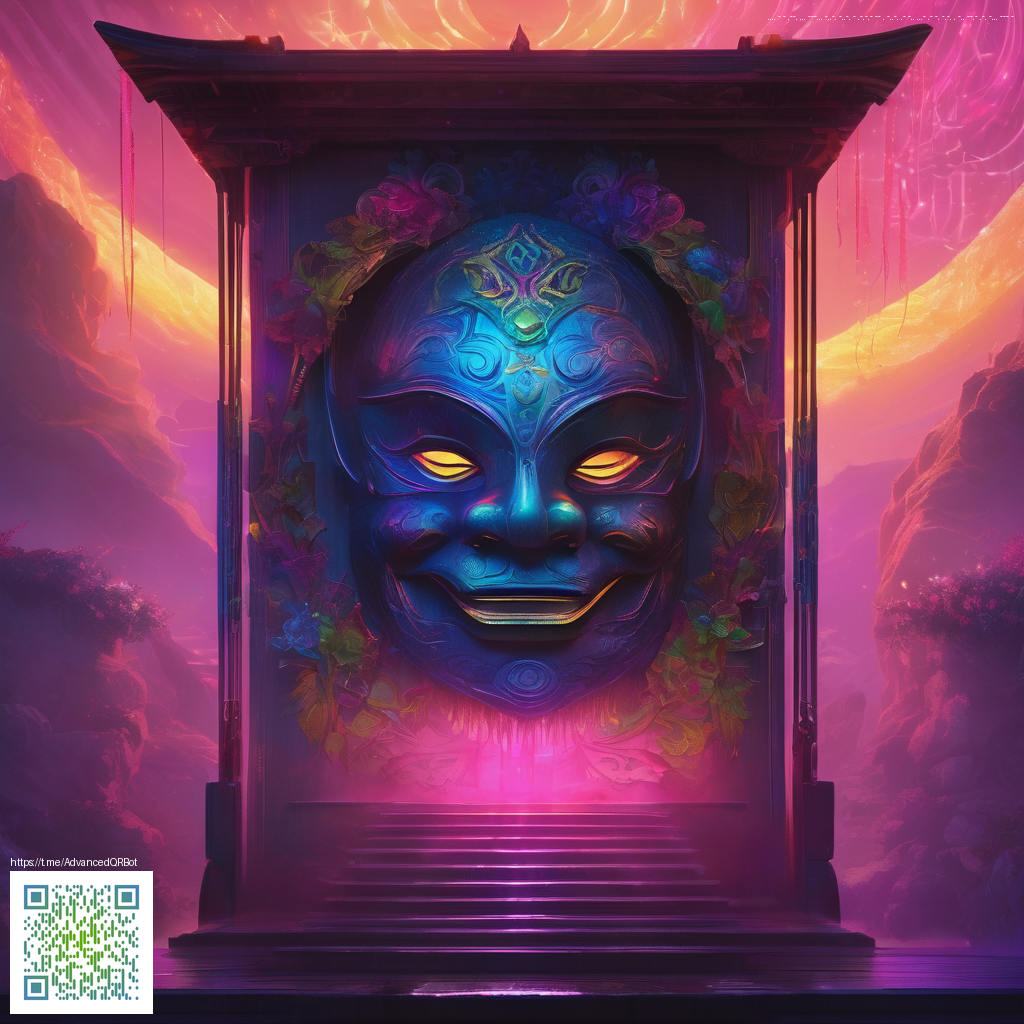
Getting Into Rock Band 2 as a New Player
Rhythm games have a magnetic pull for newcomers and veterans alike, delivering high energy bursts that reward timing, teamwork, and stubborn persistence. Rock Band 2 stands out as a welcoming entry point for fresh players due to its robust co op focus, approachable controls, and the sheer spread of songs that keeps every session feeling fresh. If you want a smooth doorway into the genre while still feeling like your friends are right there on stage with you, this is a title worth exploring.
From the first note onward the core loop feels natural. Press the button when the beat hits and feel the music click with your movements. The game supports multiple roles you can jump into without a long learning curve, whether you want to lead with a guitar solo, keep rhythm on the drums, carry the melody on bass, or sing with confident intonation. The arcade vibe is real but the depth is there too for players who want to push for perfect runs and flawless harmonies. The sense of progression comes from improving accuracy across tracks and unlocking more challenging setlists as you go.
What makes the gameplay inviting for newcomers
Intuitive mechanics anchor new players quickly. The on screen cues align with where your input should land, reducing confusion and helping you build muscle memory fast. The drums offer a satisfying groove without requiring perfect coordination right away, and the vocal track can scale up as you practice, letting you start with a friendly chorus and gradually add complexity.
Co op energy is a central pillar. Team play and on stage chemistry make sessions feel like a party rather than a solo grind. You can hop in with friends in a few minutes and gradually coordinate as your ties strengthen. Even in solo practice modes you can replay song sections to isolate tricky passages and drill them until they flow naturally.
Community energy that keeps the party going
Even years after its launch, the community around Rock Band 2 remains active through online gatherings, casual jams, and friendly competitions. Players swap tips on song charts, share setups for home hobby rigs, and organize gatherings that resemble real life jam nights. The social fabric turns every session into a shared experience rather than a solitary pursuit, which is ideal for someone just stepping into the genre.
Streaming friendly playlists and curated setlists also give newcomers a sense of what to aim for. You can start with approachable tracks and gradually expand to more technically demanding arrangements as your confidence grows. The result is a natural learning arc that keeps motivation high without demanding a steep upfront commitment.
Update coverage and ongoing support
Rock Band 2 benefited from ongoing support that kept it feeling fresh long after its initial release. The game introduced an expanded Music Store style ecosystem where new DLC tracks arrived on a regular cadence, offering fans a steady stream of fresh content to master. For newcomers this means a continuously evolving catalog where your first weeks are only the beginning of a growing library to explore and conquer.
One of the most compelling points for new players is the export option that lets you bring classic tracks into your current library, increasing the value of any DLC purchases. This kind of forward looking approach helps new players feel like they are grandfathering in a living, growing catalog rather than buying a static product. The result is a rhythm game that remains relevant as your skill and taste develop.
Modding culture and fan driven creativity
The community has long embraced fan driven creativity around the Rock Band ecosystem. While the official game focuses on official tracks and charts, dedicated fans experiment with new ways to extend the experience. Expect fan generated leads on track selection, custom challenge ideas, and community run events that test your timing under novel constraints. This culture adds a playful layer to the base game that can be especially inviting for players who love tinkering and creative problem solving.
Engaging with this side of the scene can unlock new angles on your practice time. For new players curious about what else is possible, curiosity often translates into meaningful skill gains as you emulate successful patterns from the community and apply them to your own sessions. The blend of official content and fan driven experimentation makes the game feel lively rather than old hat.
Developer commentary and the design ethos behind a party staple
Developers at Harmonix built Rock Band 2 with a clear goal in mind: deliver a cohesive party and performance experience that rewards cooperation and shared flow. The design emphasis is on accessibility without sacrificing depth, enabling players to contribute meaningfully from the first few notes while still offering paths to mastery for those who push themselves. For new players, this philosophy translates into a game that feels forgiving yet empowering, a rare balance that sustains long term engagement.
As a newcomer you will feel part of a larger tradition of social gaming that values collaboration, timing, and shared ambiance. The rhythm game space rewards the player who tunes into the tempo of the group, learns the cues, and then sprints with the beat. Rock Band 2 captures that spirit in a way that remains approachable and endlessly replayable.
With a friendly learning curve, a bustling community, ongoing updates, and a healthy dose of modding energy, it is a compelling choice for anyone curious about rhythm games. The blend of accessible mechanics, cooperative play, and evolving content makes it a strong candidate for your first foray into the genre.
Ready to join the stage and start your journey toward becoming a confident performer in living rooms and online sessions alike
Donate to Support Decentralized Gaming